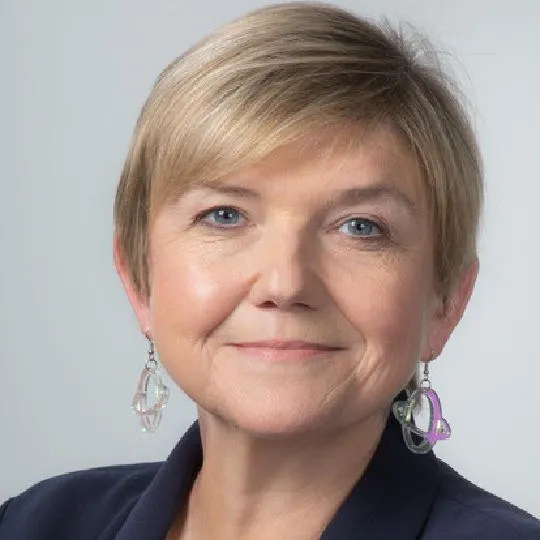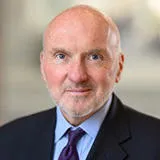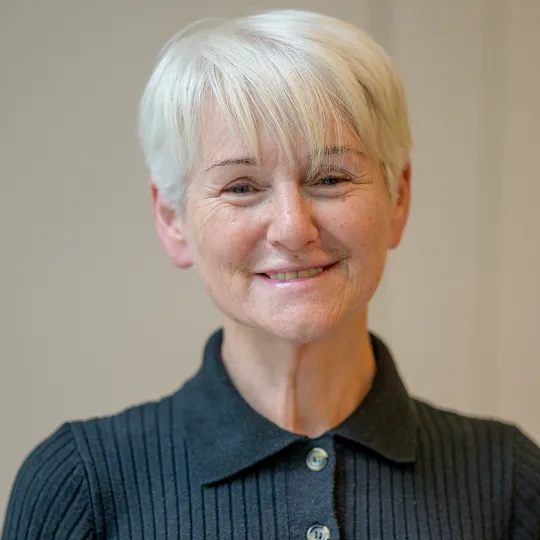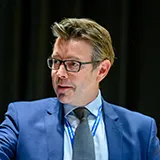Now I know that every generation thinks it is living through the most tumultuous and significant moments in history. But as I look back over the 30 years of my career, it does feel like, with war in Europe, war in the Middle East and the threat of war in the South China Sea, we do live in a world which is more unstable and therefore more dangerous than it has been for a long time”
Air Chief Marshal Sir Richard Knighton
23 November 2023
RAF needs to adapt as world becomes more unstable, says Chief of the Air Staff
Air Chief Marshal Sir Richard Knighton, speaking at a recent event at King’s, stated that the RAF needs to be "ready to do more" to combat future adversaries and meet operational challenges.
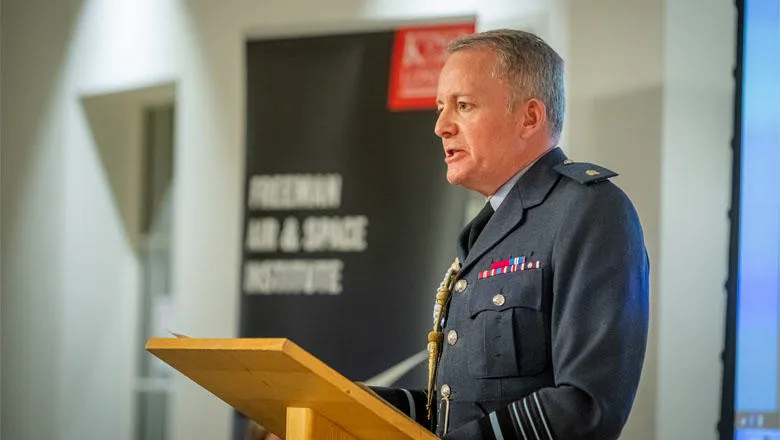
In an address at the Freeman Air and Space Institute’s third annual CAS lecture at King’s College London, Sir Richard gave an overview of the strategic environment the RAF is operating in, underscoring the persistent threat posed by Russia and the shifting balance of power to the East due to China's "growing economic and military strength."
Addressing the specific threat from Russia, Sir Richard cautioned that while the Russian Army has been weakened by the war in Ukraine, the Russian Air Force remains intact, and like other nations is learning from its mistakes. Advocating for a strategic focus on deterrence, he emphasised the need to enhance the UK's capabilities, preparedness, and to effectively communicate this with potential adversaries.
“The challenge, in peacetime in particular, is knowing how much is enough. War is always more costly – in every sense – than deterrence. Just look at Ukraine. But it is hard to be sure what risks need to be minimised and which gaps closed.”
Air Chief Marshal Sir Richard Knighton
To ensure the UK meets future challenges, he stated that there is a need for a credible integrated air and missile defence capability, and that stockpiles, production capacity, and logistic support need more attention.
“Over the past decade or more, we have made judgements about how long operations would last and the rates of effort we should plan on. The war in Ukraine has shown that they all need to be revisited,” said Air Chief Marshal Sir Richard Knighton.
However, he made it explicit that the future of the RAF lies in maximising existing resources, as the current period of investment in new aircraft comes to an end.
The platforms we have today will be the ones we will need to fight with over the next 10-15 years. If we do nothing to enhance the capability of these platforms, we will lose our operational advantage."
Air Chief Marshal Sir Richard Knighton
Stating his current and future plans for the RAF, Sir Richard highlighted the importance of investing in infrastructure, people, and training, and exploiting innovative technologies: space, digital capabilities, synthetics, and automated systems.
However, he stated that to adapt quickly in the face of operational challenges the RAF also needs to change its mindset towards risk.
“We know that when the war starts the balance between the operating and operational risk that we are prepared to tolerate in order to deliver the mission changes. Having capability ready, on the shelf, that might not have been tested and proven to a factor of 10 to the minus 8 or 6, but we know enough to say it will work, will save us time and money and could give us an operational edge in the fight,” said Air Chief Marshal Sir Richard Knighton.
Sir Richard acknowledged that the RAF cannot break through the increasingly sophisticated defences of enemies alone, and that he is committed to working with allies such as NATO to develop a multi-domain integration of operations on land, sea, air, space, and cyberspace that ensures their defences work together and increases opportunities “to probe, test and shape our enemies.”
He concluded his speech by stating that while the RAF has enjoyed “air supremacy” in most of their operations, maintaining this record will require change. “Put simply: we have to be ready to do more and it’s going to be harder,” said Air Chief Marshal Sir Richard Knighton.
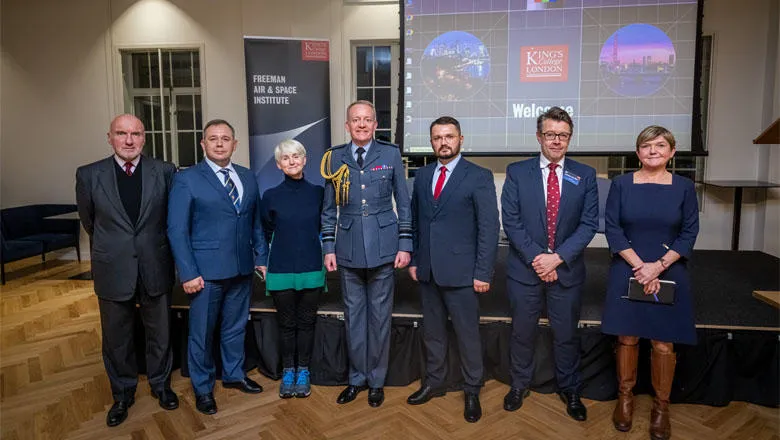
To keep informed about the latest research, opportunities and events from FASI, subscribe to their mailing list or contact the team at FASI@kcl.ac.uk

